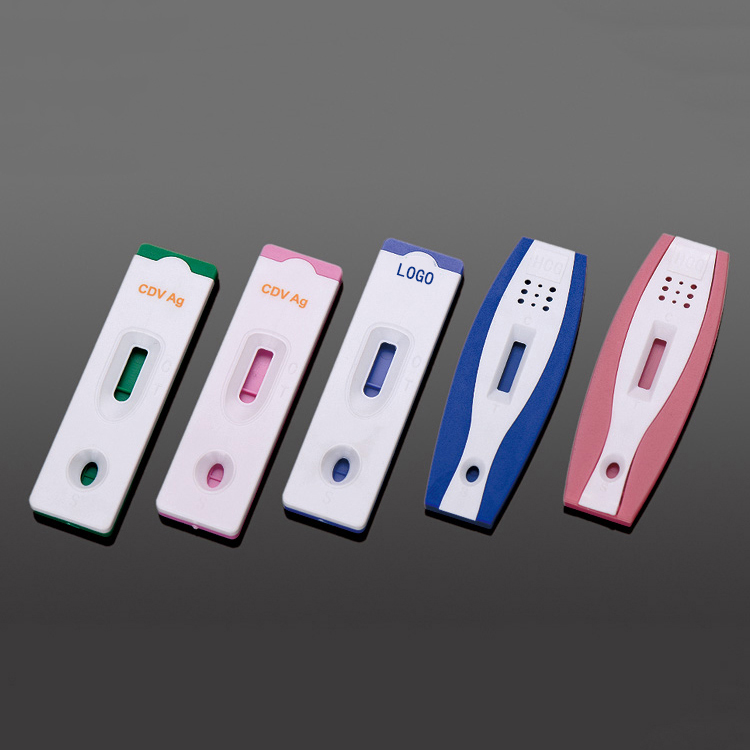Δεκ . 21, 2024 10:49 Back to list
best dengue test
The Best Dengue Test A Comprehensive Overview
Dengue fever, a mosquito-borne viral infection, presents a significant public health challenge in tropical and subtropical regions worldwide. With its increasing prevalence, effective diagnosis becomes crucial to managing the disease and reducing its impact. In this article, we will explore the best dengue tests available, evaluate their effectiveness, and highlight the importance of timely and accurate diagnosis.
Dengue is caused by the dengue virus, which has four serotypes (DENV-1, DENV-2, DENV-3, and DENV-4). Symptoms can range from mild fever to severe manifestations, including dengue hemorrhagic fever and dengue shock syndrome, both of which can be fatal if not managed appropriately. The central challenge in tackling dengue lies in its diagnosis, primarily due to overlapping symptoms with other febrile illnesses such as Zika virus and chikungunya.
Diagnostic Methods
Several diagnostic methods are employed to detect dengue, each with its advantages and limitations
. The most common methods include1. Serological Tests These tests identify antibodies produced in response to the dengue virus. The most commonly used serological tests are enzyme-linked immunosorbent assays (ELISA) that detect IgM and IgG antibodies. The presence of IgM indicates a recent infection, while IgG may suggest past exposure. However, serological tests typically become positive several days after the onset of symptoms, which may delay diagnosis in acute cases.
2. Nucleic Acid Tests (NAT) These molecular tests detect viral RNA in the blood. Reverse transcriptase polymerase chain reaction (RT-PCR) is the most common NAT method and is highly specific and sensitive for early diagnosis, especially within the first week of illness. NAT is considered the gold standard for confirming dengue infection, as it can distinguish between serotypes and is particularly useful in severe cases.
3. Rapid Diagnostic Tests (RDTs) These tests provide results in a short period, typically within 15-20 minutes. RDTs usually detect NS1 antigen, which is present during the early phase of infection. While RDTs are convenient and easy to use, they may not be as sensitive as other methods and can yield false negatives, especially in later stages of the disease.
best dengue test

Evaluating the Best Dengue Test
Determining the best dengue test depends on various factors, including the timing of diagnosis, availability of resources, and the clinical setting. RT-PCR is regarded as the most reliable method for early diagnosis due to its high sensitivity and specificity. It is particularly advantageous in severe cases where timely treatment is essential.
However, in resource-limited settings, rapid tests can play a crucial role in preliminary screening. They allow healthcare providers to quickly assess patients and may be valuable in outbreak situations where immediate decision-making is required.
In regions where dengue is endemic, a combination of testing methods may be the best approach. For instance, starting with an RDT for initial screening followed by confirmatory testing with RT-PCR can streamline the diagnosis process while ensuring the accuracy of the results.
Importance of Accurate Diagnosis
Accurate and timely diagnosis of dengue is vital for several reasons. Firstly, it enables healthcare professionals to provide appropriate treatment and support to affected individuals. Secondly, early diagnosis helps in monitoring and controlling outbreaks, providing valuable information for public health interventions. Additionally, distinguishing dengue from other diseases can prevent unnecessary hospitalizations and reduce healthcare costs.
Conclusion
As dengue continues to pose a significant threat to global health, identifying the best diagnostic method remains imperative. While RT-PCR is the gold standard for early and accurate diagnosis, the choice of test may vary based on the clinical context and available resources. Ultimately, enhancing diagnostic capabilities will be crucial in managing dengue outbreaks effectively, protecting vulnerable populations, and advancing public health efforts against this notorious viral infection.
-
Accurate HCG Pregnancy Test Strips | Fast Home Use Kit
NewsJul.31,2025
-
Reliable Early Pregnancy Test Kit Supplier - Multi Plastic Cassette Options
NewsJul.30,2025
-
Transferrin Rapid Test Cassette – Reliable Tumor Marker Detection
NewsJul.29,2025
-
Accurate Follicle Stimulating Hormone Test Kit | Rapid Reliable Results
NewsJul.29,2025
-
High Accuracy LH Ovulation Test Kit - Digital Results & Wholesale Options
NewsJul.29,2025
-
HbsAg Blood Rapid Test Kit for Fast & Accurate Hepatitis B Detection
NewsJul.28,2025

